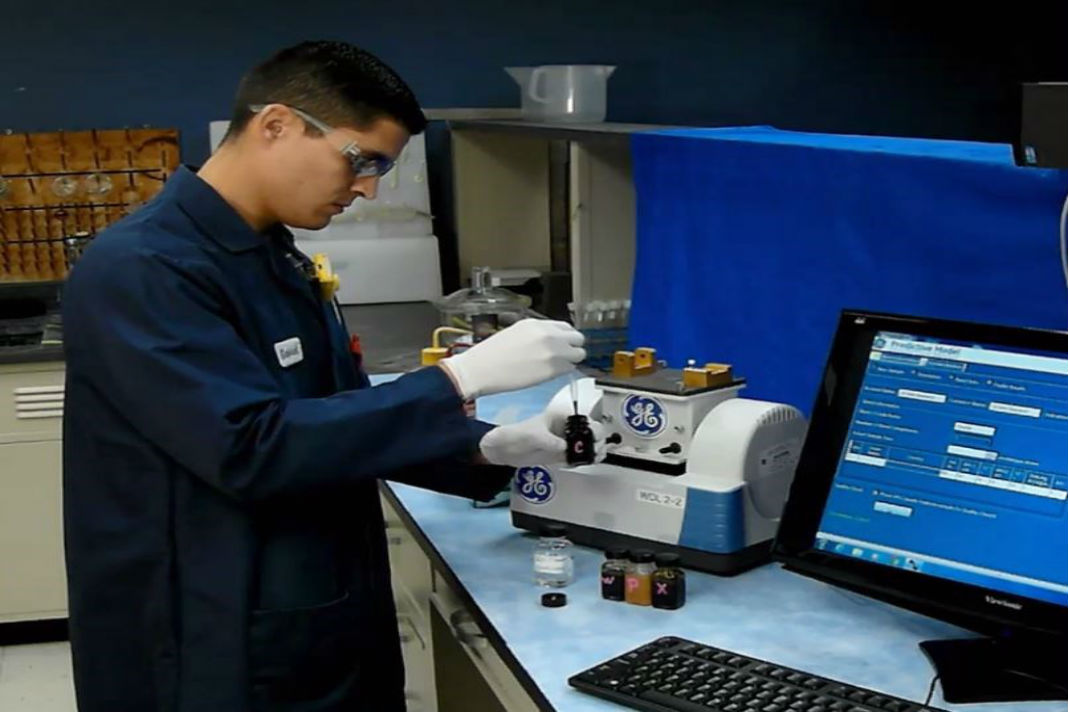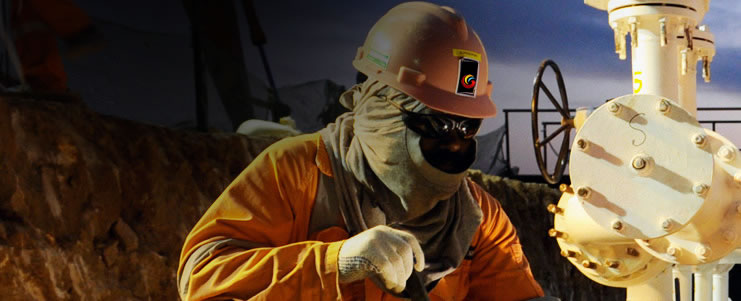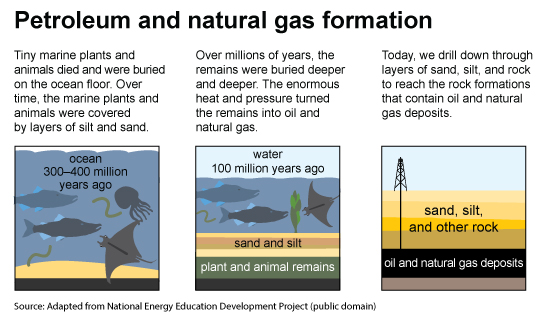Lab Technician Interview Questions & Answers
What is the role of a Lab Technician ?
Oil and Petroleum Laboratory Technicians perform laboratory tests to determine chemical and physical characteristics or composition of solid, liquid, or gaseous materials for such purposes as quality control, process control, or product development by performing the following duties.

What are the Duties & Responsibilities of a Lab Technician ?
Operates laboratory equipment and instruments such as microscopes, centrifuge, agitators, viscosimeter, chemical balance scales, spectrophotometer, gas chromatograph, colorimeter, and other equipment.
Tests materials used as ingredients in adhesives, cement, propellants, lubricants, refectories, synthetic rubber, plastics, paint, paper, cloth, and products for such qualities as purity, stability, viscosity, density, absorption, gas chromatograph, and melting or flash point.
Tests materials for presence and content of elements or substances such as hydrocarbons, manganese, natural grease, tungsten, sulfur, cyanide, ash, dust, or impurities.
Tests samples of manufactured products to verify conformity to specifications.
Records test results on standardized forms and writes test reports describing procedures used. Prepares graphs and charts.
Cleans and sterilizes laboratory equipment. Calibrates laboratory instruments.
Prepares chemical solutions according to standard formulas.
Adds chemicals or raw materials to process solutions or products batches to correct or establish formulation required to meet specifications.
Works a rotating schedule including weekends, holidays and must be available to work on an on-call basis.

What is the Qualification required for a Lab Technician ?
To perform this job successfully, an individual must be able to perform each essential duty satisfactorily. The requirements listed below are representative of the knowledge, skill, and/or ability required. Reasonable accommodations may be made to enable individuals with disabilities to perform the essential functions.
What is Crude Oil?

How Petroleum and Natural gas is formed ?

What are the instruments handled for a Lab Technician ?
Normal lab instrument for salt analysis
Seta Stanhope instrument for salt analysis
Kohler centrifuge for BS&W analysis
UV-VIS Spectrophotometer for total iron content
Thermo scientific UV -spectrometer (Thermo genesis 20)for Oil in wateranalysis
TD 500-D Spectrometer for Oil in water analysis
Anton Paar density meter
Anton Paar viscosity meter
Hach multi-meter
Chemetrics etc
Hydrometer for API analysis.etc
What skills and knowledge do you possess that you feel make you a good Lab technician?
I have a Bachelor's Degree in Computer Science, which helped form a good educational foundation for me to enter the field. My math skills and ability to understand complex machinery and systems make me a natural technician. I have a great eye for detail, which is beneficial when performing diagnostic testing and keeping records. Additionally, I communicate well with both customers and colleagues to ensure issues are resolved in a timely manner and the team works at the most effective level."
Why is it important to stay updated on the most recent technology trends and developments?
As a Lab technician, I believe it's crucial to learn about new innovations and research in the technology sector. It's our duty to troubleshoot and solve problems, and we do that best when we're engaged with the technology and learning how to better utilize it. So, I do spend a lot of time learning about new tech trends by reading blogs and conversing with coworkers. I'm also doing a lot of studying, especially on tech developments that can impact my position, like chatbots."
As an IT support professional, you know it's vital that you troubleshoot problems quickly. What's your troubleshooting process?First, I get as much information as possible from users experiencing the issue and identify the problem. Next, I establish a theory for what probably caused the problem and then test it. If the theory is correct, I'll implement the common solution. If not, I either escalate the problem or establish a new theory for the problem. From there, we create a plan of action to fix the problem, implement the solution, test it and add preventive measures.
Describe a time when you used your technical skills in a practical way to solve a problem?
I used to work in technical support for a computer company. A customer called complaining about the system crashing and a blue screen appearing. From studying malware and security threats, I recognized the customer's PC could have a virus. To test my theory, I had the customer enter safe mode on the computer, delete temporary files and run a complete system scan with a reputable antivirus product. We then identified the malware and removed the corrupt files. Everything ran well after that, but I informed the client to call again if the problem persisted."
If you could change anything about a lab technician's job, what would it be and why?
I love being a technician because helping companies run efficient systems literally makes everyday life better for users. The thing I don't like is when system upgrades and maintenance interrupt work and activities of others. As a technician, you try to avoid this, but sometimes you end up disrupting others."
There are a lot of resources out there. Which tools do you find most useful as a technician?
"There are lots of resources out there, and some are certainly better than others. I personally find Microsoft TechNet to be most useful. It's an online resource for IT professionals that's full of information. The web service offers training and there is a large library and wiki. I particularly like using the forums when I encounter real tough issues. Other professionals are willing to teach you how to solve the problem, or at the very least, direct you to a site or place where you can resolve the issue."
Being a Lab technician can get quite demanding. How do you handle a high volume of work?
"When workload is heavy, I make sure to stay level-headed because getting nervous or worrying only decreases my efficiency. I prioritize problems from most important to least important based on the level of impact an issue has for the company. For each issue, I focus on problem isolation and quick implementation of solutions and testing. I multi-task whenever possible while still being sure to not let affect work quality. If things must wait until tomorrow, I communicate that to colleagues and customers to ensure expectations are managed appropriately."







